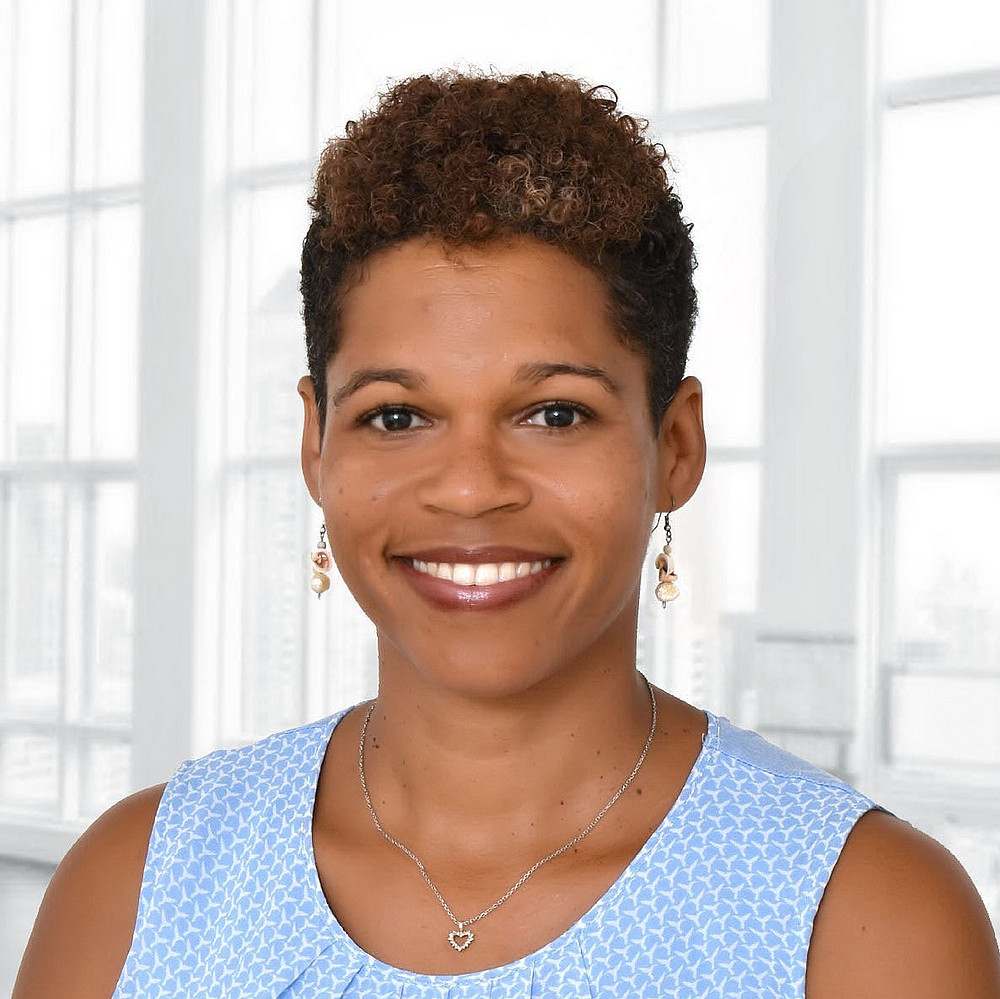Saskia Fürst
University of The Bahamas
What initially inspired you to pursue research in your field?
There were two events that led me to do research in Aging Studies. The first was a talk that Dr. Maierhofer organized at the Uni Graz, maybe even already then as part of the C.IAS, where a guest lecturer talked about the Dove Campaign For Real Beauty, among other points, and I felt her analysis of the older Black woman in the campaign was not socio-historically and culturally nuanced enough. Then, I remember sitting at lunch with my mom and some of her friends, who must have been in their 50s and 60s at the time, and they were talking about life and all their struggles as well as triumphs. I distinctly remember feeling that there was no "typical" narrative or feeling of decline that they expressed in their conversations and that they were all such wonderful role models for me - I wanted to be like them in my 50s and 60s, lol! And so, I decided I needed to work more in the field of Aging Studies to bring in more diverse representations there and work on combating ageism, in general.

Has your research and approach to research changed over time? If so, how?
I would say that with my move back to Nassau, The Bahamas (my home country), I am trying to look more into representations of older Black women and Aging in the Caribbean (as I focused solely on the US in my dissertation) and The Bahamas, to an extent; however, there is limited literary and visual representations of this, and I am a literature and visual culture researcher, primarily. I am also branching out into other areas of Gender Studies and Critical Race Studies, as these areas are under-researched in The Bahamas, but more literary and film works exist in this area.
Is there a particular experience or challenge during your research that has shaped how you see yourself as a person and professional?
Initially, there was little research done on Black female experiences of aging within Aging Studies - their unique challenges but also their perspectives and approaches that could be rewarding and enriching for the field of studies but also for real-world, lived expereiences. So, this really inspired me to adopt a Black feminist pedagogy to my teaching, as well as, of course, including Black feminist scholars in my research. It is especially rewarding when I can bring aspects of my research into the classroom, and witness my students engage with the topic of aging from diverse perspective in a fruitful manner. I consider the classroom to be a space for my activist endeavors as a Black, Caribbean scholar (as I am never sure how many people actually read my articles and enage meaningfully with my areas of research via the more academic format of scholarly publications).